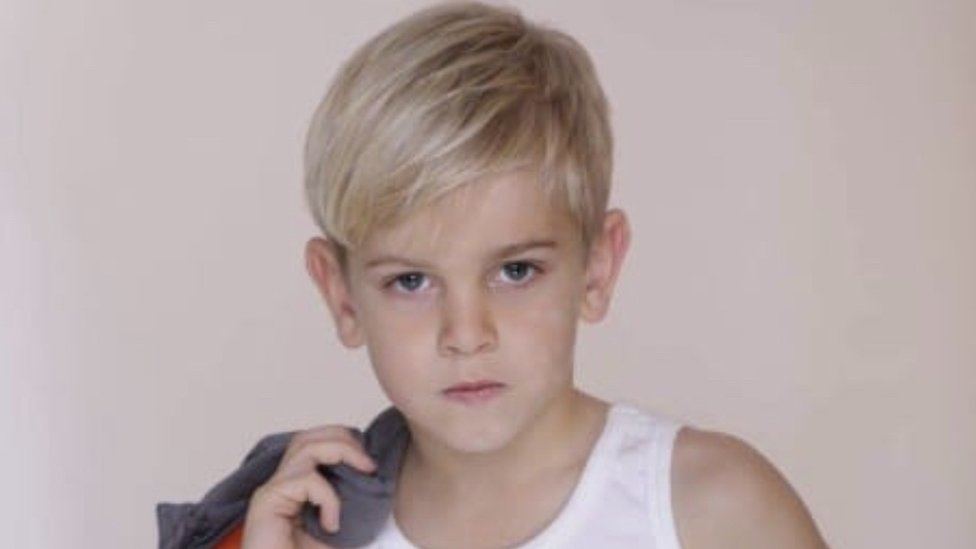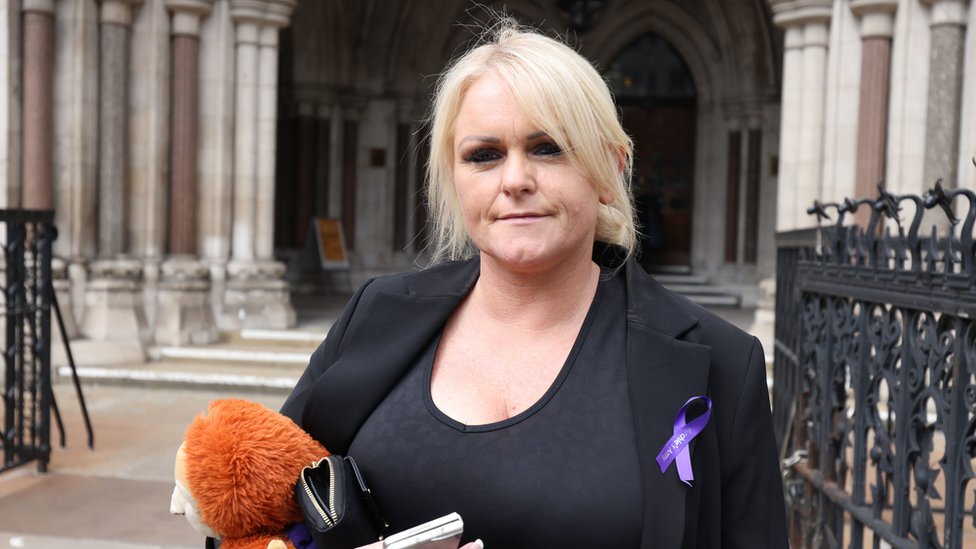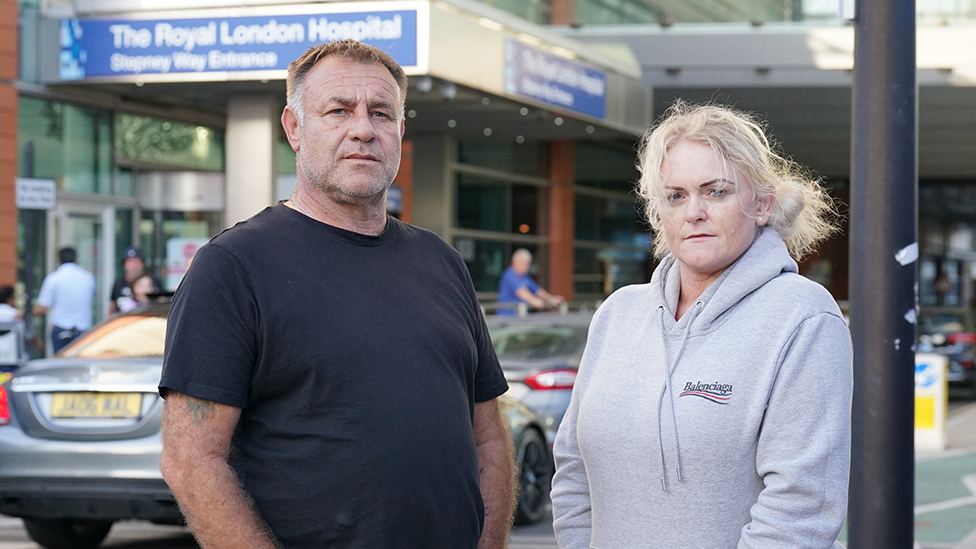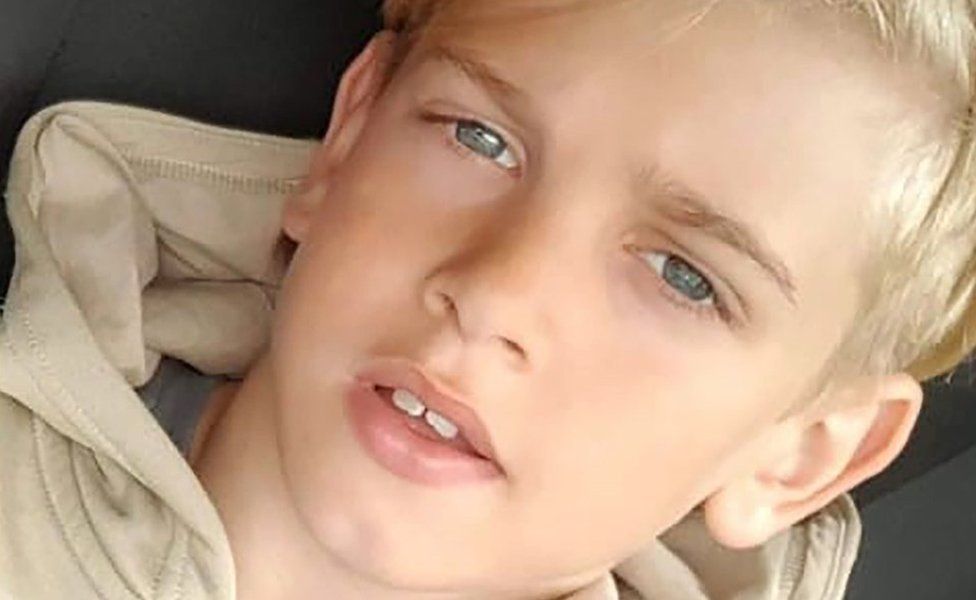 Hollie Dance
Hollie DanceThe family of 12-year-old Archie Battersbee cannot move him to a hospice for withdrawal of treatment, a High Court judge has ruled.
His family applied for permission after the European Court of Human Rights (ECHR) refused a request to delay the withdrawal of life-sustaining support.
Archie’s mother wanted him “in a peaceful hospice to say goodbye”.
But doctors warned he was too unstable to move by ambulance and it would “hasten premature deterioration”.
The family sought permission to appeal against the latest decision, but that bid has been rejected by three justices at the Court of Appeal.
They have now applied to the European Court of Human Rights challenging the High Court ruling, campaign group Christian Concern said.
Responding to the hospice ruling, Archie’s mum, Hollie Dance, said: “All our wishes as a family have been denied by the authorities.
“We are broken, but we are keeping going, because we love Archie and refuse to give up on him.”
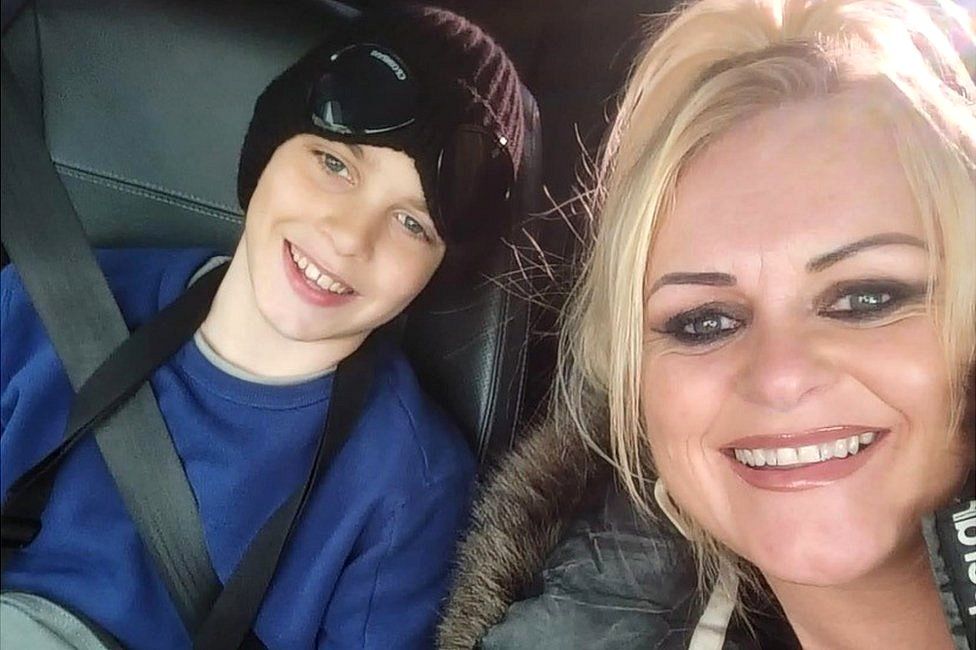
Archie, who is being treated at the Royal London Hospital, was found unconscious at home in Southend, Essex, on 7 April – his mother believes he may have been taking part in an online challenge.
He suffered “catastrophic” brain injuries and doctors think it is “highly likely” he is brain-stem dead.
Life-sustaining support, including mechanical ventilation and drug treatments, has been in place since April.
‘Peacefully and privately’
In her ruling earlier, Mrs Justice Theis concluded it was not in Archie’s best interests to be moved.
She said: “Archie’s best interests must remain at the core of any conclusions reached by this court.
“When considering the wishes of the family, why those wishes are held, the facilities at the hospice, what Archie is likely to have wanted… the risks involved in a transfer… and the increasing fragility of his medical condition, I am satisfied that… he should remain at the hospital when treatment is withdrawn.”
Mrs Justice Theis also noted Archie’s family’s “unconditional love and dedication”, which she said has been a “golden thread that runs through this case”.
“I hope now Archie can be afforded the opportunity for him to die in peaceful circumstances, with the family who meant so much to him as he clearly does to them.”
On Friday evening, the Court of Appeal judges said the judgment from the High Court “deals comprehensively with each of the points raised on behalf of the parents”.
“We have reached the clear conclusion that each of her decisions was right for the reasons [Mrs Justice Theis] gave,” they said.


This attempt to move Archie to a hospice was always up against large evidential and legal obstacles. Firstly, the law requires the judge to put Archie’s best interests first. So any change to his care would have to be for truly exceptional and necessary reasons.
All preceding courts have ruled it is futile to keep Archie alive. Unnecessarily delaying the withdrawal of treatment would, in the eyes of the law, risk the court becoming complicit in denying the boy peace and dignity in his final hours.
The evidence presented by the family did not change that. There was a moving account of why a hospice would be a good environment for them – but there were also clear accounts that it would not be good for Archie. He could die in an ambulance without his family around him.

A doctor treating Archie gave evidence that his best interests would be paramount and that the hospital would “enable him peacefully and privately to die in the embrace of the family he loved.”
Archie’s family had said that circumstances at the Royal London and a breakdown in trust meant Archie would not die with peace and dignity in the hospital.

Find BBC News: East of England on Facebook, Instagram and Twitter. If you have a story suggestion email eastofenglandnews@bbc.co.uk
-
-
15 hours ago
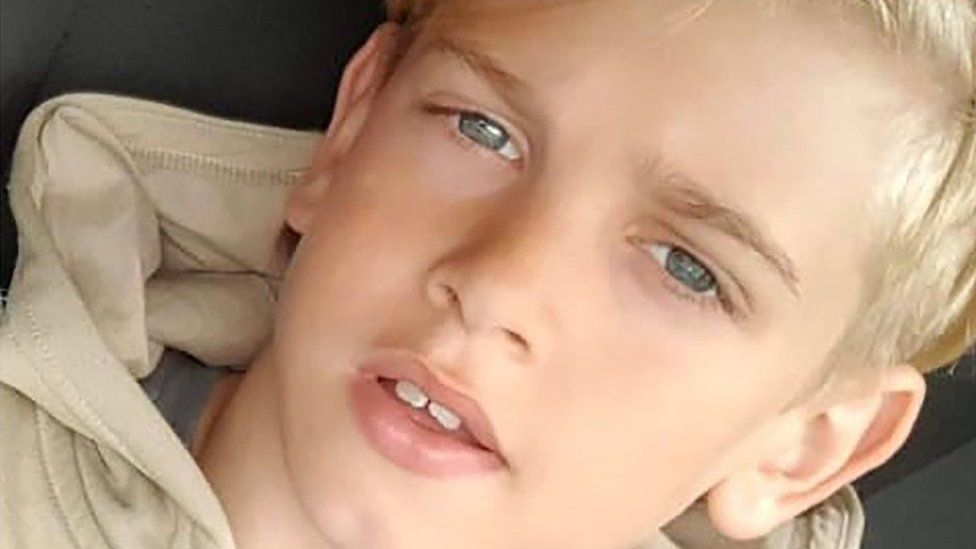
-
-
-
1 day ago
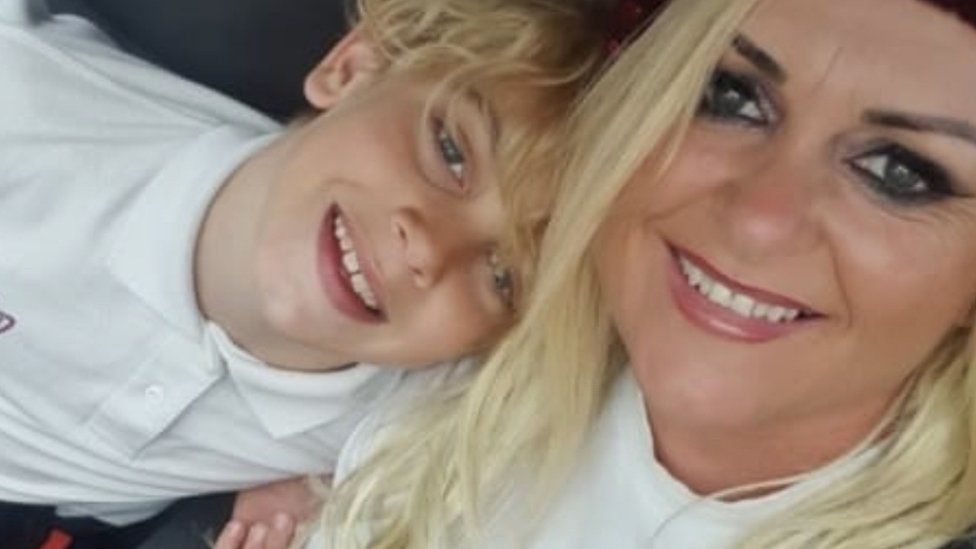
-

